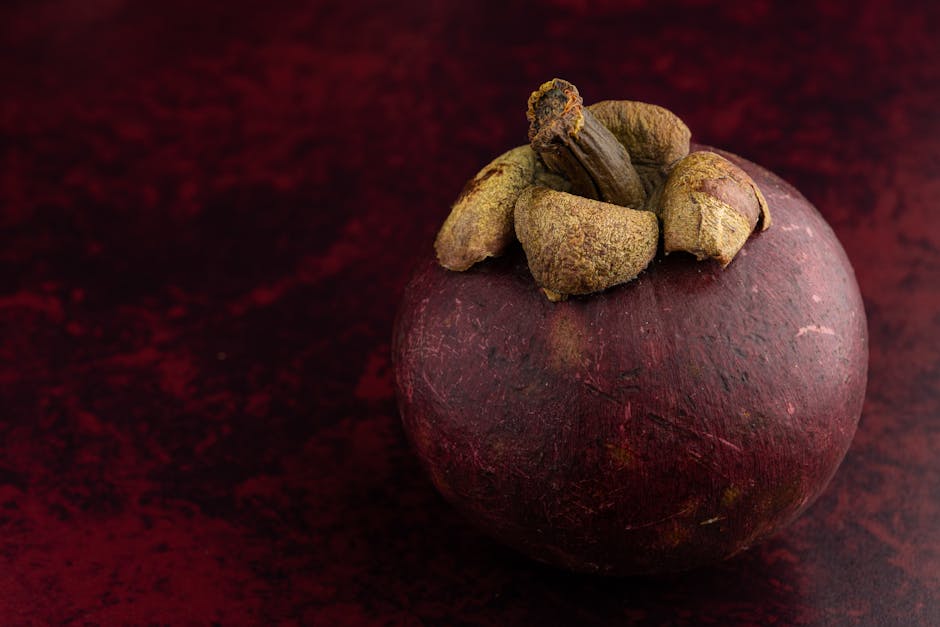Introduction
The Paleo diet, often referred to as the “caveman diet,” focuses on consuming foods that our hunter-gatherer ancestors are believed to have eaten. This dietary approach emphasizes whole, unprocessed foods while excluding grains, legumes, and processed sugars. Emerging research suggests that adopting a Paleo lifestyle may significantly reduce oxidative stress and contribute to improved longevity. This article explores the link between the Paleo diet, oxidative stress, and potential health benefits for a longer, healthier life.
The Paleo Diet and Oxidative Stress
Understanding Oxidative Stress
Oxidative stress occurs when there’s an imbalance between free radicals and antioxidants in the body. Free radicals are unstable molecules that can damage cells, proteins, and DNA. Antioxidants neutralize these free radicals, preventing or reducing damage. Chronic oxidative stress is linked to various health problems, including aging, heart disease, cancer, and neurodegenerative diseases.
How the Paleo Diet Reduces Oxidative Stress
The Paleo diet’s emphasis on nutrient-dense, whole foods plays a crucial role in mitigating oxidative stress:
- High Antioxidant Intake: Fruits and vegetables, cornerstones of the Paleo diet, are rich in antioxidants like vitamins C and E, carotenoids, and polyphenols. These compounds neutralize free radicals and protect against cellular damage.
- Elimination of Processed Foods: Processed foods often contain refined sugars, unhealthy fats, and artificial additives, which can contribute to inflammation and oxidative stress. The Paleo diet eliminates these harmful substances.
- Reduced Exposure to Inflammatory Foods: Grains and legumes, often excluded in the Paleo diet, can be inflammatory for some individuals. Reducing or eliminating these foods may lower inflammation and, consequently, oxidative stress.
- Increased Omega-3 Fatty Acids: The Paleo diet encourages the consumption of omega-3 fatty acids from sources like fish and grass-fed meats. Omega-3s have anti-inflammatory properties and can help reduce oxidative stress.
The Paleo Diet and Longevity
The Role of Diet in Longevity
Diet is a fundamental factor influencing lifespan and overall health. A diet rich in nutrients and low in processed foods can protect against chronic diseases and promote healthy aging.
How the Paleo Diet May Contribute to Longevity
While more long-term studies are needed, the principles of the Paleo diet align with factors known to promote longevity:
- Improved Metabolic Health: The Paleo diet’s emphasis on lean protein, healthy fats, and fiber-rich vegetables can improve insulin sensitivity, reduce blood sugar levels, and promote weight management. These factors are crucial for preventing metabolic diseases like type 2 diabetes, which can shorten lifespan.
- Reduced Risk of Chronic Diseases: By reducing inflammation and oxidative stress, the Paleo diet may lower the risk of heart disease, cancer, and neurodegenerative diseases – major contributors to mortality.
- Enhanced Gut Health: The elimination of processed foods and the inclusion of fiber-rich foods in the Paleo diet can promote a healthy gut microbiome. A balanced gut microbiome is essential for overall health and longevity.
- Nutrient Density: The Paleo diet prioritizes nutrient-dense foods, ensuring the body receives the vitamins, minerals, and antioxidants it needs to function optimally throughout life.
Important Considerations
Before adopting the Paleo diet, it’s important to consider these factors:
- Individual Needs: Consult with a healthcare professional or registered dietitian to determine if the Paleo diet is suitable for your individual needs and health conditions.
- Nutrient Balance: Ensure you are meeting all your nutritional requirements, especially if excluding certain food groups. Proper planning and supplementation may be necessary.
- Sustainability: Consider the environmental impact of your food choices and opt for sustainable and ethically sourced options whenever possible.
Conclusion
The Paleo diet offers a compelling approach to reducing oxidative stress and potentially promoting longevity. By emphasizing whole, unprocessed foods and eliminating inflammatory substances, this dietary strategy can support overall health and well-being. While more research is needed to fully understand the long-term effects of the Paleo diet, its principles align with current knowledge about healthy aging and disease prevention. By adopting a balanced and sustainable Paleo approach, individuals can potentially improve their quality of life and increase their chances of living a longer, healthier life. Always consult with a healthcare professional before making significant dietary changes.
